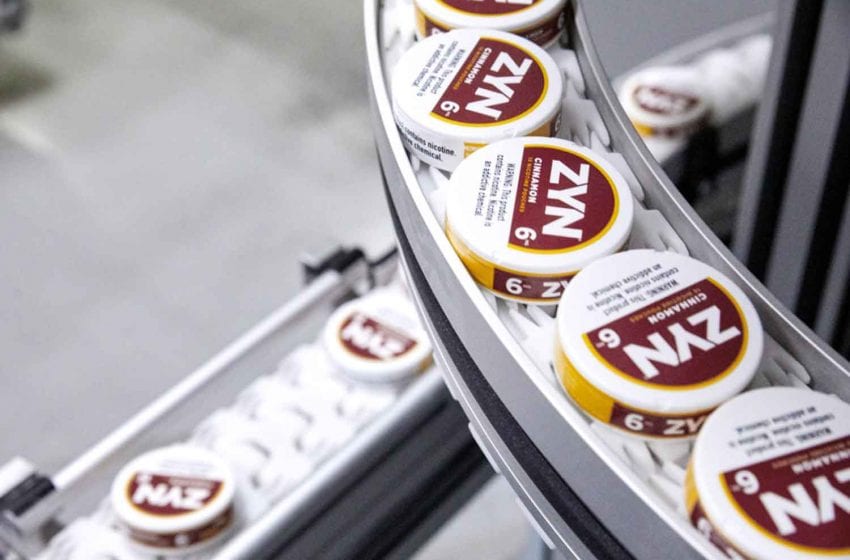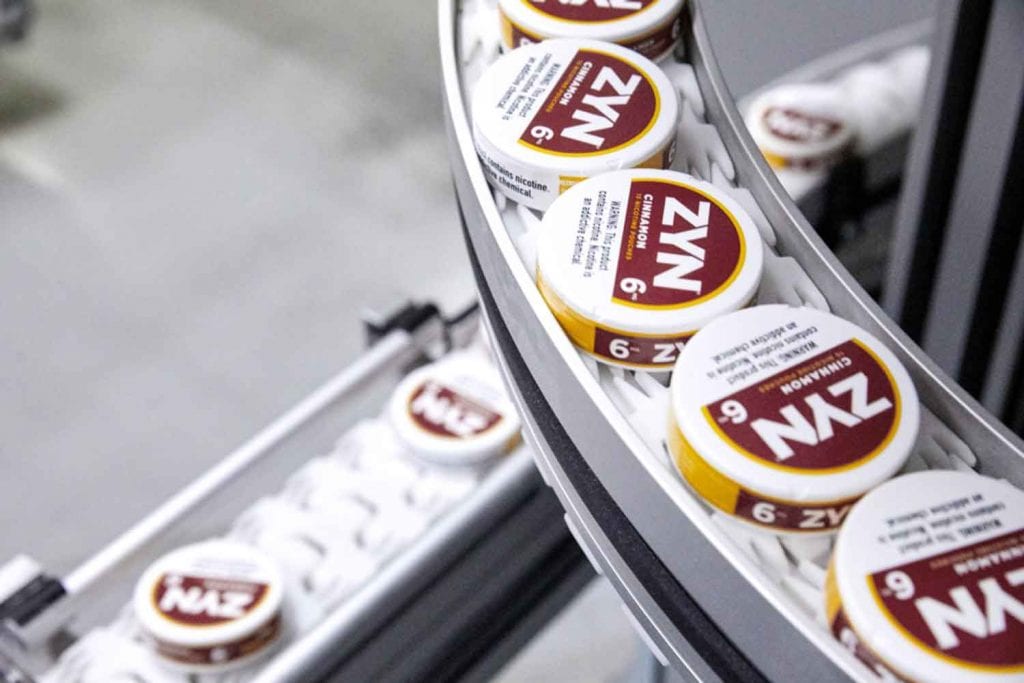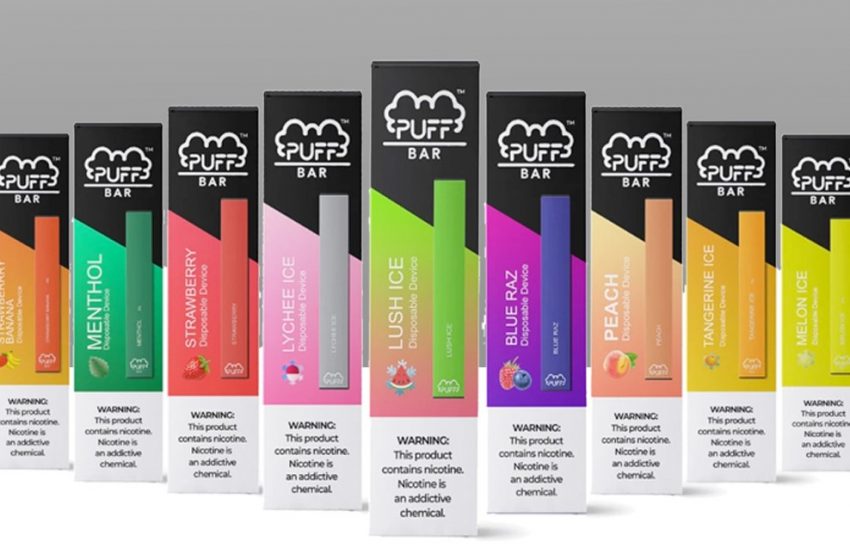Puff Bar has “ceased all online sales and distribution in the U.S. until further notice,” according to its website. International sales will continue for now.
The California-based e-cigarette company has come under scrutiny lately for replacing Juul as the vape of choice among young people as Juul Labs discontinued some of its flavored products.
Puff Bar comes in more than 20 flavors, including pina colada and pink lemonade. Although the Trump administration banned fruit, mint and dessert flavors in refillable cartridge-based e-cigarettes like Juul earlier this year, it exempted brands that are used once and thrown away.
Launched last year, Puff Bar has been the key beneficiary of the decision to exempt disposables form the flavor ban. Juul’s business, by contrast, has shriveled since it restricted sales in the United States to tobacco and menthol varieties last fall.
When the FDA started regulating e-cigarettes, it permitted the continued sale of products that were on the market as of Aug. 8, 2016, pending agency review. Because Puff Bar was introduced after that date, the agency should have the authority to remove it even though the product is disposable and even if the FDA cannot prove the company is targeting youths.
The exception would be if Puff Bar had already been on the market before the 2016 deadline, under a different name or sold by another company.
Much remains unknown about Puff Bar. For example, it is unclear who owns the company, according to FairWarning. A document filed with the California Secretary of State lists Patrick Beltran as the chief financial officer and Nick Minas as the CEO, but both men have stated that despite their titles, they are in charge only of running the company’s website.
While online U.S. sales have been suspended for now, Puff Bar products are still available on other ecommerce sites, such as Eliquidstop, which is owned by Minas and Beltran. Puff Bars can also still be found at numerous convenience stores throughout the U.S.

















